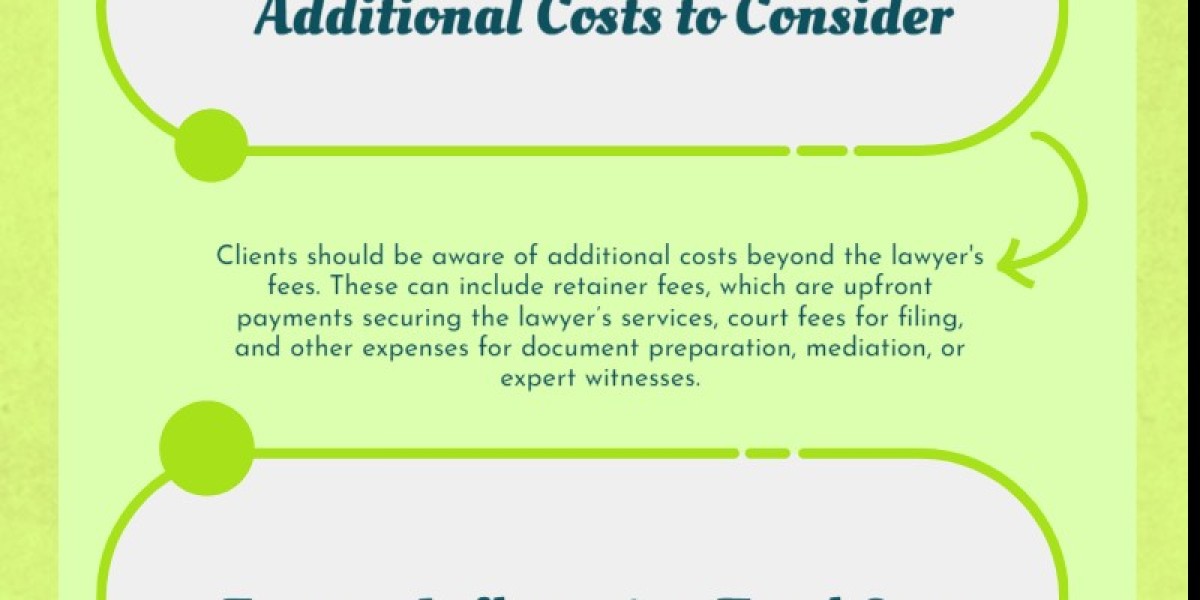When navigating family law matters, such as divorce, child custody, or adoption, hiring an attorney is often necessary for achieving favorable outcomes. One common financial arrangement in legal practice is the retainer fee. Understanding what a family law retainer fee entails can help clients prepare for the financial aspects of hiring a family lawyer.
Definition of a Retainer Fee
A retainer fee is an upfront payment made by a client to secure the services of a lawyer. In family law, this fee serves as a deposit against which the lawyer will bill for their hourly work. The retainer ensures that the lawyer is compensated for their time and expertise as they navigate the complexities of your case.
How Retainer Fees Work
Typically, a family lawyer will provide an estimate of the family law retainer fee based on the anticipated scope and complexity of the case. Once the retainer is paid, the lawyer begins to work on the case, billing against the retainer amount. For instance, if a lawyer charges $300 per hour and you pay a $3,000 retainer, that fee will cover approximately 10 hours of legal services.
Types of Retainer Fees
There are generally two types of retainer fees:
- General Retainer: This is a fee paid to secure the lawyer’s availability for a specific period, ensuring that they are available to handle your case as needed.
- Security Retainer: This type of retainer is used to cover future legal services. The lawyer bills against this retainer as work is completed, and it can be replenished if the balance runs low.
Benefits of a Retainer Fee
The retainer fee model has several advantages:
- Secured Services: Paying a retainer ensures that the lawyer prioritizes your case and is available for consultations and legal representation when needed.
- Transparency: Clients receive detailed statements showing how the retainer fee is being utilized, providing clarity on the costs associated with their case.
- Budgeting: Knowing the upfront costs helps clients budget for their legal expenses and avoid unexpected financial burdens later on.
What Happens When the Retainer Runs Out?
If the work on your case exceeds the retainer amount, the lawyer will typically require an additional payment to continue their services. Clients should stay informed about their retainer balance and communicate with their lawyer regularly to avoid surprises.
Conclusion
A family law retainer fee is a crucial component of the attorney-client relationship in family law. By understanding how retainer fees work, clients can better navigate the financial aspects of hiring legal representation. Clear communication with your attorney about fees and expectations will ensure a smoother and more transparent legal process, allowing you to focus on the important issues at hand.









